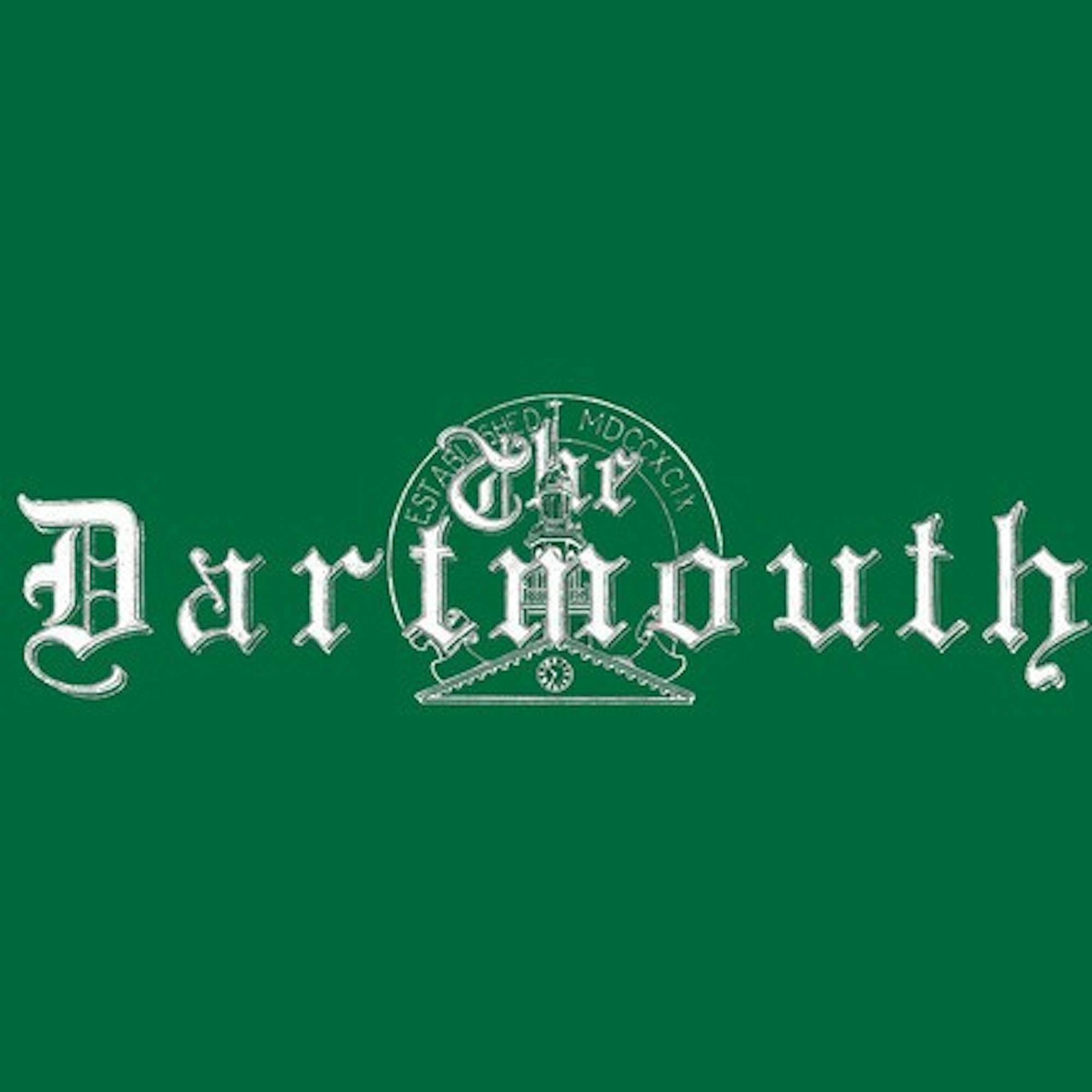"Some of my ideas still come from Christian perspective," Moss said. "Some are from my Islamic perspective. I'm just one little body, one little mind, but I want to speak about core values."
Moss, who began the tour in 1994, has taken the show to colleges and performing arts centers across the country. So far, he has performed in every state except Hawaii and Maine, he said. His routine focuses on issues of race and equality through humor.
"Integration does not mean equality and does not mean equal access for blacks, Latinos, women or even whites," Moss said. "On stage, I have the ability to discuss this. Humor is my best language."
Although Moss has been performing the show for such a long time, he said that each audience finds something unique in his performance because of the way he intertwines humor with a topic that is usually both political and personal.
"I think I have something to offer that has a different look than people are used to," Moss said. "Most conversations about race are so serious. Race is a very personal thing, but we need to consider the larger scope of how it's used."
Dawood Yasin, the Muslim life and service trips coordinator at the Tucker Foundation, led the coalition of student groups that worked together to bring Moss to campus. Yasin first met Moss at a conference in Chicago in 2000 and has maintained contact with Moss over the years, according to Yasin.
Moss' visit is one of the many events that the Tucker Foundation and other groups on campus have organized for the celebration of Black History Month, Yasin said.
"Bringing [Moss] to campus is an opportunity to bring various groups on campus together groups interested in comedy, interested in social justice and interested in race relations," he said. "Scheduling has been a bit of a challenge, but there has been a lot of inter-departmental collaboration. Groups have really seen the value of hosting an event like this."
Yasin said that Moss' visit will be especially significant to a large group of Dartmouth students because Moss' background is so unique and because he approaches contentious issues with humor.
"The diversity of his background and experiences is especially important," Yasin said. "It allows him to address issues from a vantage point that many people don't have. It's like how the jester was often allowed to say things in the presence of the king that no one else could."
Moss said he developed an interest in comedy early in life and recalled listening to recordings of famous black comedians in the 1960s, like Bill Cosby, George Kirby and Dick Gregory. Race and race relations both in the present and in the American historical narrative grew into the cornerstones of Moss routines, he said.
"I was a child of the '60s, and I watched the civil rights movement develop in front of my eyes," he said. "I wanted to be a person who could be a part of producing positive change, and race was something that was always in my mind. Growing up during busing and integration, it shaped what I do."
After graduating from Marquette University in 1988, Moss spent a number of years working in Milwaukee as a comedian and a teacher for emotionally disturbed children, according to Moss. What struck him about his teaching experience was that while the children wanted to learn, they did not trust the system or the teachers in it to serve their best interests.
"These kids knew they weren't going to be lawyers or doctors," Moss said. "They didn't have the reading skills. They didn't have the influence of adult intellect in their lives."
While his routines are mostly comical, Moss draws on personal experiences like these while also incorporating relevant historical elements into his performances. He continues to see himself as a teacher, he said, though he no longer works in a traditional classroom setting.
"Everything I am is everything that I bring to people," Moss said. "I try to form a conversation as part teacher and part comedian. I don't see a line between them."
Moss said that he was not a particularly good public speaker growing up, but that he could tell a good story. The success of comedy, in his opinion, is because of this ability.
"I wasn't a class clown kind of guy," Moss said. "I was a slate-cutter. But I look at comedy like story telling. Knowing how to tell an effective story is the basis of comedy."
Throughout Moss' career, he has written comic material for a number of well-known comedians like Damon Wayans and George Lopez. In his personal work, however, he has maintained his focus on issues of inclusion, race and increasingly religious identity, he said.
Currently, Moss is involved in a Muslim comedy tour with Azeem and Azhar Usman titled "Allah Made Me Funny." The tour began in 2004 and grew out of a need to address anti-Islamic fear and prejudices in the United States following 9/11, Moss said. Moss is also working to develop a Muslim sitcom titled "Here Come the Mohammads," which he has already raised $40,000 in funding to produce, he said. Moss hopes that the pilot will be ready to present to various networks for review in about a year.
While at Dartmouth, Moss will also lead a workshop at 12 p.m. today in Cutter-Shabazz Hall. The workshop will include an open, interactive forum in which participants can freely discuss issues of race.




